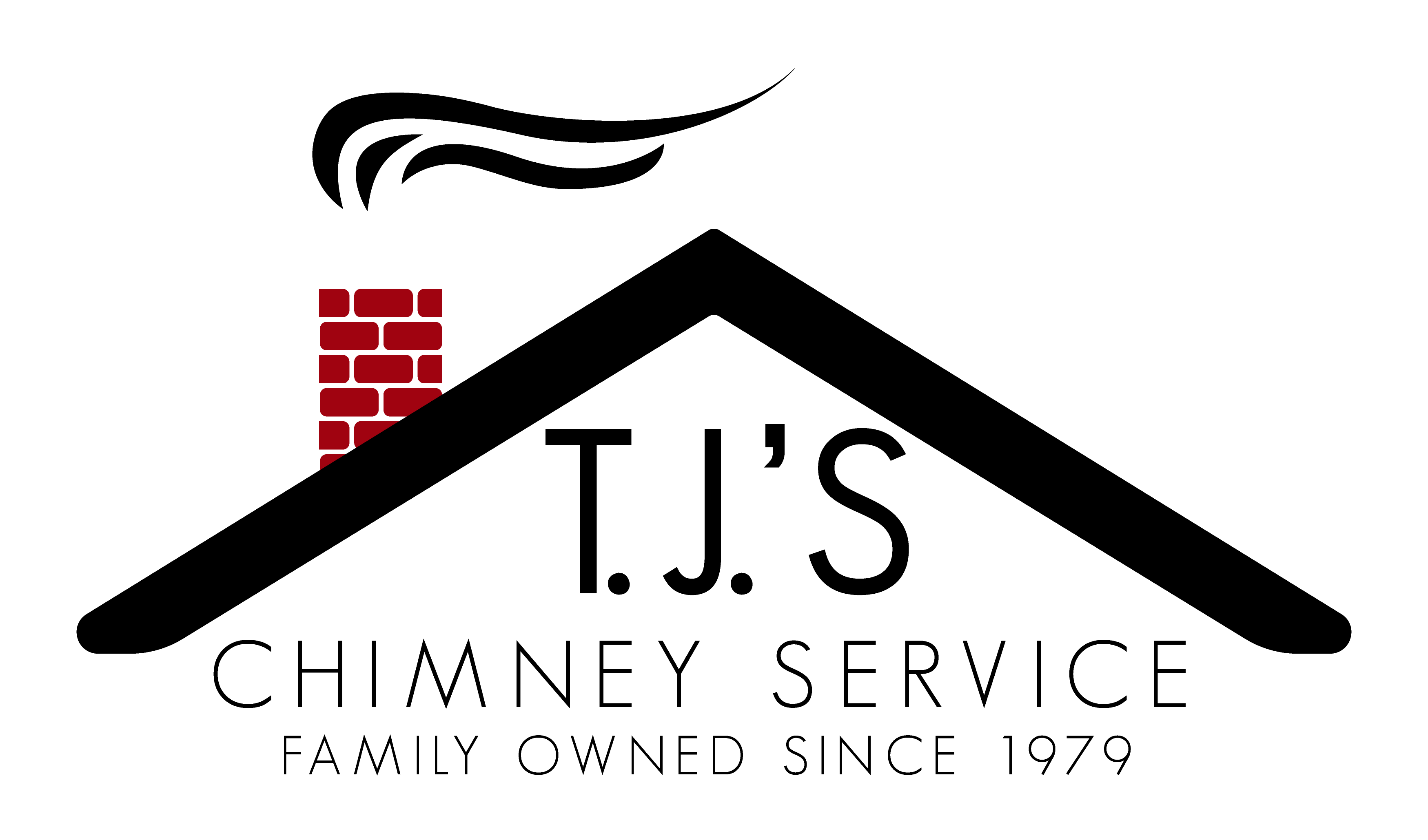Chimney
Why Does My Chimney Stink?
During the summer, when we have hot, humid weather or lots of rain, you may notice an undesirable smell coming from your fireplace and chimney. This odor can be caused by a variety of reasons. Let’s explore some of the most common types of smells and the likely cause. An asphalt or bad barbeque…
Read More4 Causes of Chimney Crown Cracks
When was the last time you inspected your chimney crown? If you’re like most homeowners, you probably haven’t given much thought to your chimney crown. However, if your chimney crown is cracked and not repaired, damage to your chimney from water and other outdoor elements can quickly escalate, costing you thousands of dollars in repairs.…
Read MoreWhat Is a Level 3 Chimney Inspection?
If you have experienced a chimney fire or major damage to your chimney due to a lightning strike, a severe storm or an earthquake, you should have your chimney inspected by a professional in order to assess the amount of damage done. In these instances, the Chimney Safety Institute of America (CSIA) recommends that you…
Read MoreWhy You Need to Clean Your Oil-Fired Furnace Chimney
Did you know that oil is the dirtiest burning fuel? If you have an oil-fired furnace, not only should you have your furnace inspected every year, you also need to have the chimney inspected and cleaned annually, because oil’s by-products of combustion can be very volatile and corrosive. And neglecting to clean your oil furnace…
Read MoreWhat Is a Level 2 Chimney Inspection?
If you use a chimney to vent a fireplace, wood stove, water heater, furnace or boiler that burns wood or fossil fuels, it’s critical that you perform regular chimney inspections and maintenance for the safe operation of your system. However, the type of chimney inspection you need depends on a number of factors. Are…
Read MoreWhat Is a Level 1 Chimney Inspection?
It used to be when you had a chimney service technician inspect your fireplace, stove or venting system, they determined the scope of work that was performed. However, recently, the National Fire Protection Association (NFPA) developed minimum chimney standards that no longer leave the tasks performed during a home heating appliance inspection up to the…
Read MoreWhen Should You Repair or Replace Your Chimney Cap?
When was the last time you or a professional chimney sweep – like those at T. J.’s Chimney Service – inspected the chimney cap covering your chimney or flue? Last year? A few years ago? Never? A chimney cap is the rectangular or round device that fits onto the top of your chimney or flue.…
Read MoreCreosote Buildup Can Cause Fires
When was the last time you cleaned your chimney? A year ago? A few years ago? Never? Did you know that creosote can build up on the walls of your chimney over time? Creosote is the leading cause of residential chimney fires in the U.S. each year, according to the Environmental Protection Agency. Creosote is…
Read MoreBurning the Right Firewood Matters
Have you ever burned wood in your fireplace or wood-burning stove that caused your home to fill with smoke, or produced a bad odor, or irritated your skin? The firewood you choose can affect: The efficiency of your fire. You and your family’s health and safety. Environmental protection. The safety of your home due to…
Read MoreCarbon Monoxide—The Invisible Killer
Each year over 400 people die from accidental, non-fire-related carbon monoxide (CO) poisoning, and thousands of people become ill from it. In fact, in 2010, U.S. fire departments responded to over 80,000 CO incidents in which CO was present in the building. Carbon monoxide is a by-product of combustion. While most people think you can…
Read More
